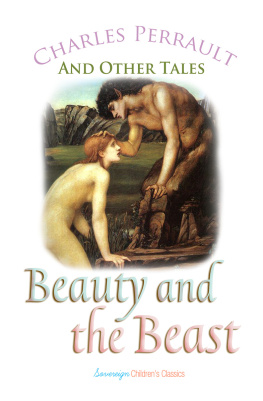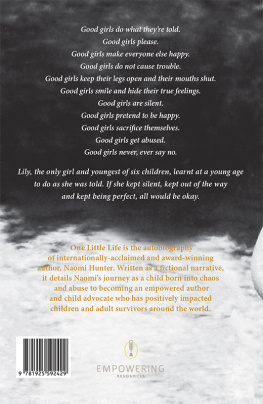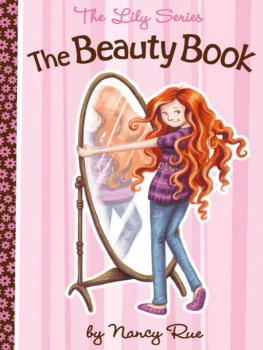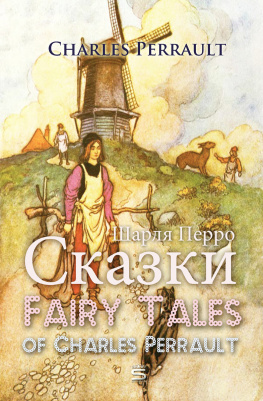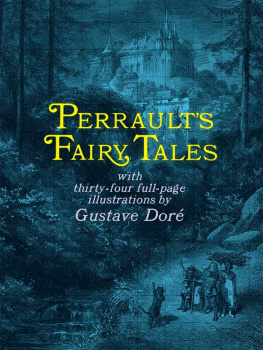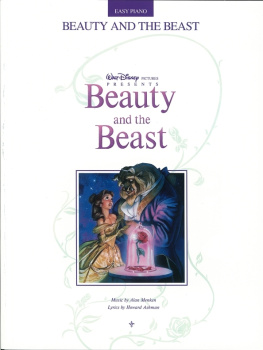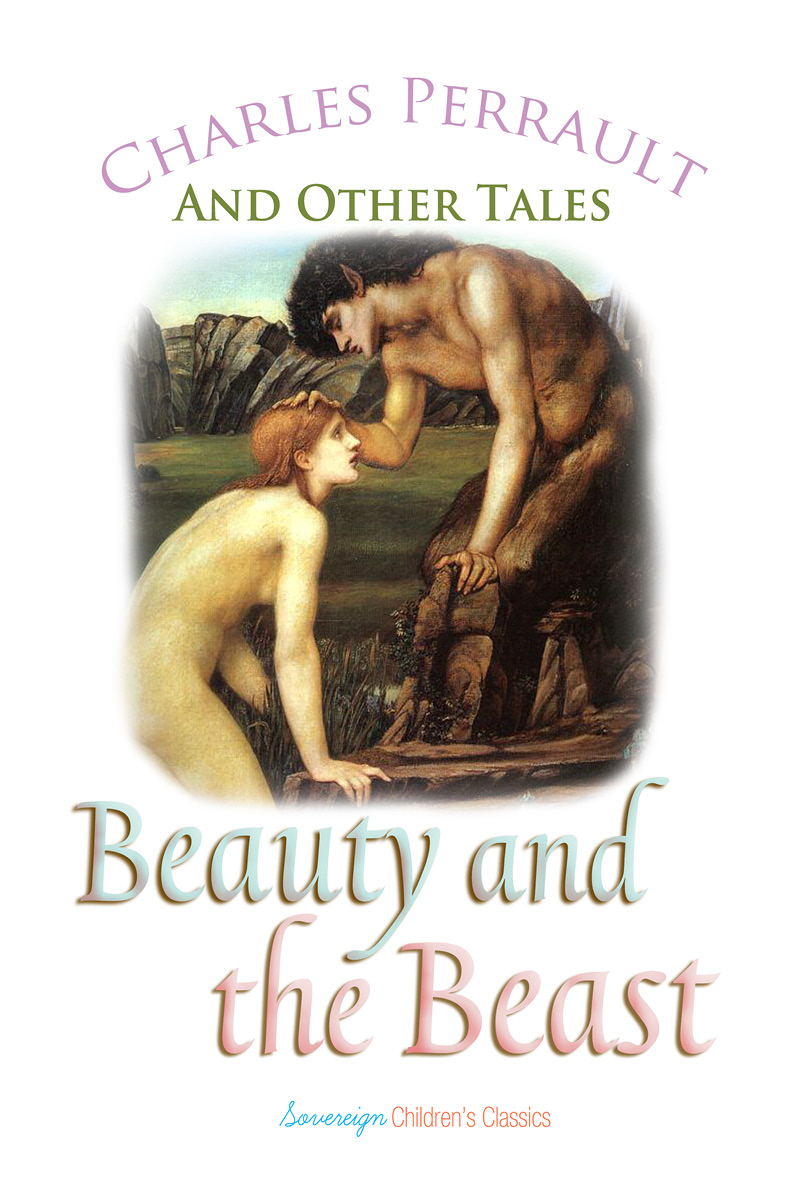
Charles Perrault
Beauty and the Beast
And Other Tales



LONDON NEW YORK TORONTO SAO PAULO MOSCOW
PARIS MADRID BERLIN ROME MEXICO CITY MUMBAI SEOUL DOHA
TOKYO SYDNEY CAPE TOWN AUCKLAND BEIJING
New Edition
Published by Sovereign Classic
sales@sovereignclassic.net
www.sovereignclassic.net
This Edition
First published in 2014
Copyright 2014 Sovereign
Design and Artwork 2014 www.urban-pic.co.uk
Images and Illustrations 2014 Stocklibrary.org
All Rights Reserved.
ISBN: 9781910343340 (ebk)
Contents
BEAUTY AND THE BEAST
T here was once a merchant, who was very, very rich. He had six children, three boys and three girls, and as he was a man of good sense, he spared no expense in order that they might be well educated, and gave them masters of every kind. His daughters were all beautiful, but his youngest one was especially admired, and from the time she was a small child, had been only known and spoken of as Beauty. The name remained with her as she grew older, which gave rise to a great deal of jealousy on the part of her sisters. The young girl was not only more beautiful than they were, but also kinder and more amiable. The elder daughters gave themselves great airs, for they were overweeningly proud of being so rich, and would not condescend to receive visits from the daughters of other merchants, as they only cared for the society of people in high position. Not a day passed that they did not go to a ball, or a theatre, or for a drive or walk in a fashionable part of the town, and they made fun of their sister, who spent a great part of her time in study. The girls received many offers of marriage from well-to-do merchants, as they were known to be rich, but the two elder ones replied, that they did not intend to marry anyone, unless a duke or an earl could be found for a husband.
Beauty, the youngest, was more polite, and thanked those who asked for her hand, but she was, as she told them, too young as yet, and wished to remain for a few more years as a companion to her father.
Then, all at once, the merchant lost the whole of his fortune; nothing was left to him but a little house, situated far away in the country. He told his children, weeping, that they wouldbe obliged to go and live there, and that, even then, they would have to support themselves by the work of their own hands. His two elder daughters refused to leave the town; they had many admirers, they said, who would be only too glad to marry them, although they were now without fortune. But these young ladies found themselves greatly mistaken, for their admirers did not even care to look at them, now that they were poor. They had made themselves generally disliked, on account of their haughty behaviour. They do not deserve to be pitied, said everyone; we are very glad that their pride is humbled; let them go and play the fine lady, keeping sheep. But people spoke differently of Beauty. We are very sorry, they said, that she is in trouble; she is such a good girl! she always spoke so kindly to the poor! she was so gentle and courteous! Several of her suitors, also, still wished to marry her, although she had not a penny, but she told them that she could not think of leaving her father in his distress, and that she intended going with him into the country, to comfort him, and help with the work. Beauty was very unhappy at losing her fortune, but she said to herself, It is no use crying, tears will not give me back my riches; I must try and be happy without them.
As soon as they were settled in their country house, the merchant and his sons began to till the ground. Beauty rose every morning at four oclock, and made haste to clean the house and prepare the dinner. She found her duties very painful and fatiguing at first, for she had not been accustomed to do the work of a servant; but in two months time she had grown stronger, and the activity of her life gave her fresh health and colour. When her days work was over, she amused herself with reading, or music; sometimes she sat down to her wheel, and sang to her spinning. Meanwhile her two sisters were wearied to death with the dulness of their life; they stayed in bed till ten oclock, did nothing all day but saunter about, and for their only diversion talked with regret of their former fine clothes and friends. Look at our young sister, they said to one another; she is so low-minded and stupid, that she is quite content with her miserable condition.
The good merchant thought differently: he knew that Beauty was better fitted to shine in society than they were; he admired the good qualities of his youngest child, especially her patience, for her sisters, not content with allowing her to do all the work of the house, took every opportunity of insulting her.
The family had lived in this solitude for a year, when a letter arrived for the merchant, telling him that a vessel, on which there was merchandise belonging to him, had arrived safely in port. The two elder girls were nearly out of their minds with joy when they heard this good news, for now they hoped that they should be able to leave the country. They begged their father, ere he departed, to bring them back dresses and capes, head-dresses, and all sorts of odds and ends of fancy attire. Beauty asked for nothing; for, as she thought to herself, all the money that the merchandise would bring in, would not be sufficient to pay for everything that her sisters wished for. Is there nothing you wish me to buy for you? her father said to her. As you are so kind as to think of me, she replied, I pray you to bring me a rose, for we have not one here. Now Beauty did not really care about the rose, but she had no wish to seem, by her example, to reprove her sisters, who would have said that she did not ask for anything, in order to make herself appear more considerate than they were.
The father left them, but on arriving at his destination, he had to go to law about his merchandise, and after a great deal of trouble, he turned back home as poor as he came. He had not many more miles to go, and was already enjoying, in anticipation, the pleasure of seeing his children again, when, passing on his journey through a large wood, he lost his way. It was snowing hard; the wind was so violent that he was twice blown off his horse, and, as the night was closing in, he was afraid that he would die of cold and hunger, or that he would be eaten by the wolves, that he could hear howling around him. All at once, however, he caught sight of a bright light, which appeared to be some way off, at the further end of a long avenue of trees. He walked towards it, and soon saw that it came from a splendid castle, which was brilliantly illuminated. The merchant thanked God for the help that had been sent him, and hastened towards the castle, but was greatly surprised, on reaching it, to find no one in the courtyard, or about the entrances. His horse, which was following him, seeing the door of a large stable standing open, went in, and finding there some hay and oats, the poor animal, half dead for want of food, began eating with avidity.
The merchant fastened him up in the stable, and went towards the house, but still no one was to be seen; he walked into a large dining-hall, and there he found a good fire, and a table laid for one person, covered with provisions. Being wet to the skin with the rain and snow, he drew near the fire to dry himself, saying, as he did so, The master of this house, or his servants, will pardon me the liberty I am taking; no doubt they will soon appear. He waited for a considerable time; but when eleven oclock had struck, and still he had seen no one, he could no longer resist the feeling of hunger, and seizing a chicken, he ate it up in two mouthfuls, trembling the while. Then he took a draught or two of wine, and, his courage returning, he left the dining-hall and made his way through several large rooms magnificently furnished. Finally he came to a room where there was a comfortable bed, and as it was now past midnight, and he was very tired, he made up his mind to shut the door and lie down.

